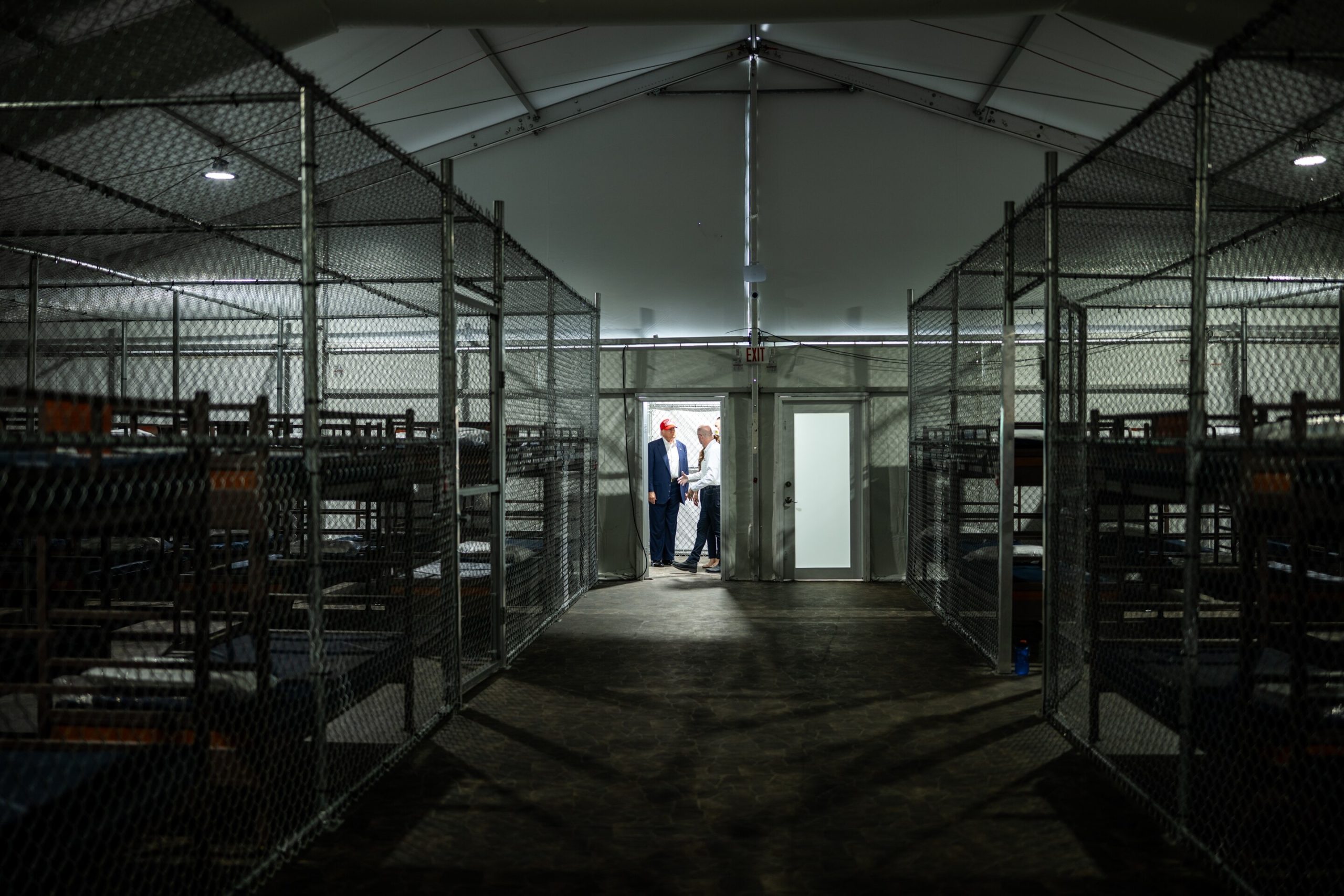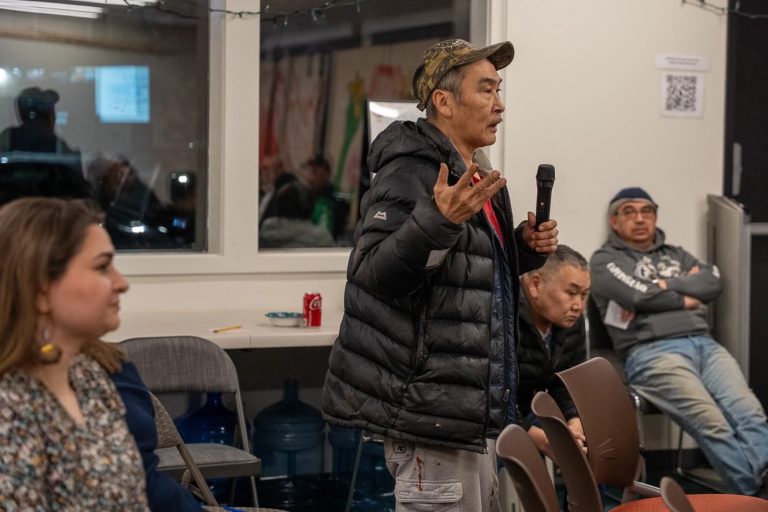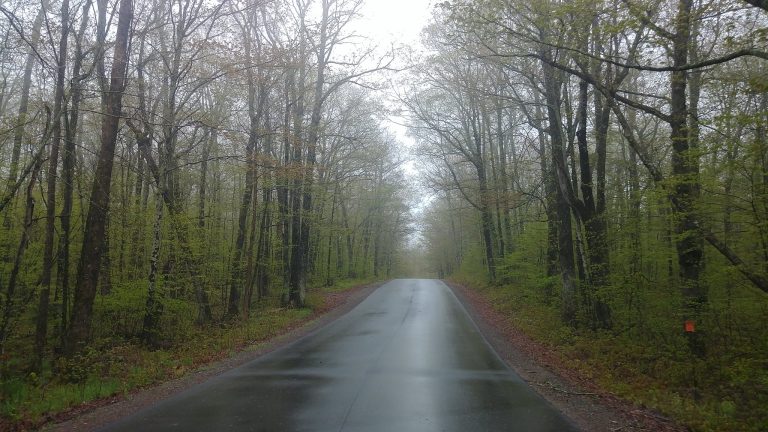Podcast: Play in new window | Download | Embed
With a vote from U.S. Sen. Lisa Murkowski (R-AK), Senate Republicans passed a sprawling budget reconciliation bill that contains much of President Trump’s domestic policy agenda.
Liz Ruskin reports.
Alaska tribes and Native organizations have raised concerns about the bill.
The Tlingit & Haida Indian Tribes recently sent a letter to Alaska’s Congressional delegation opposing the bill with concerns about clean energy, food security, health care, and lands and forests.
In a statement Monday, the Fairbanks Native Association said it is “deeply troubled” by the passage of the spending bill, raising concerns about funding cuts to tribes, which provide critical services including health care and food assistance.
Sen. Murkowski said it was one of the hardest votes she’s ever taken and she’s hoping it will be changed further before Congress sends it to the president’s desk.
She said she helped improve the bill for Alaska, but she said in an emailed statement, “It is not good enough for the rest of our nation — and we all know it.”
The bill’s passage followed intense negotiations between Murkowski and Senate leaders aimed at retooling the bill to overcome her objections to removing benefits from Alaskans on Medicaid and food assistance.
Murkowski said she decided to vote yes because Republicans made adequate changes to rural health care and food assistance.
She cited a $50 billion fund for rural hospitals and clinics, and added flexibility for Alaska in administering changes to SNAP.
Only three Senate Republicans joined Democrats in voting against the bill. U.S. Sen. Dan Sullivan (R-AK) voted yes.
The bill includes new oil lease sales in the Arctic National Wildlife Refuge and the National Petroleum Reserve Alaska.
Murkowski has championed those for years.
The bill goes to the House, where a different version passed in May without a vote to spare.
Any changes would have to be approved again in the Senate.

Interior of the immigration detention facility known as “Alligator Alcatraz” with President Donald Trump in the background.
The Miccosukee Tribe in Florida is opposing the Trump administration’s new immigration facility at an airstrip in the Everglades, which the administration calls “Alligator Alcatraz.”
Chairman Talbert Cypress told ABC News that the tribe held a meeting this week regarding the facility, which is located on tribal traditional homelands of Miccosukee and Seminole people.
“The tribe has been at home on the Big Cypress for centuries and what was decided at the meeting was to examine all avenues that we have to temporarily delay this facility.”
Cypress says the tribe is concerned about any potential environmental impacts and safety concerns for tribal members.
Demonstrations have reportedly been in the area opposing the facility, as President Trump was given a guided tour on Tuesday.
The administration is touting the area for its remote location and surrounding wildlife as barriers for people to escape.

(Courtesy State Rep. Debra Lekanoff (D-WA) / Facebook)
Native Americans in Washington state face opioid and fentanyl overdose rates four times the national average.
Isobel Charle has more.
Leaders are calling for more investment in treatment centers and transitional housing to address the problem.
While nationally, fentanyl overdoses have declined, Native American fatalities have surged since the pandemic.
State Rep. Debra Lekanoff (D-WA) is part of the Washington State Tribal Opioid and Fentanyl (WTOF) Taskforce.
During the taskforce’s third annual summit, tribal leaders and state agencies met for three days and heard from community members in recovery from Opioid Use Disorder.
Last year, says Rep. Lekanoff, the taskforce partnered with tribal governments and invested in substance abuse treatment facilities based on a successful model created by the Swinomish.
“The model that Swinomish created 12 years ago has now been incorporated into over 20 tribally owned substance abuse disorder facilities that are healing all Washingtonians.”
Lekanoff says in the next couple of years the taskforce will focus on transitional housing for those recovering from substance abuse.
She says this is a non-partisan issue and it will take everyone working together to make change.
Get National Native News delivered to your inbox daily. Sign up for our daily newsletter today.



